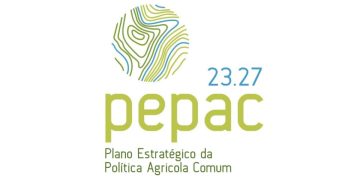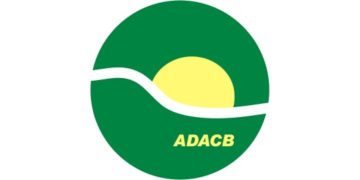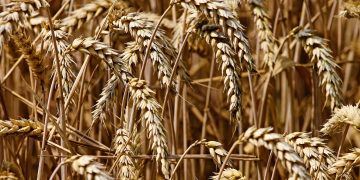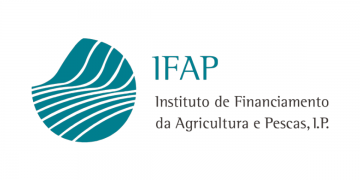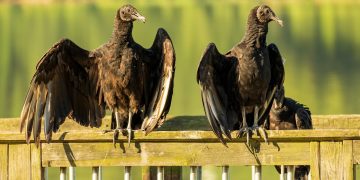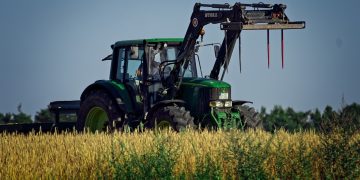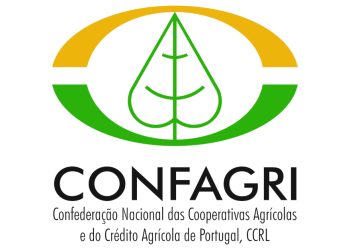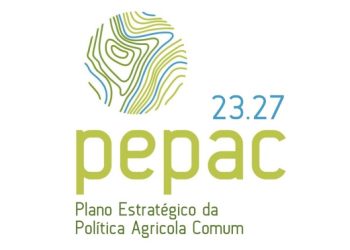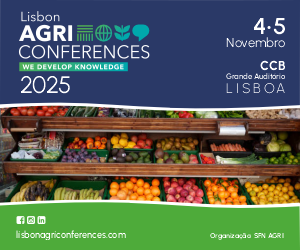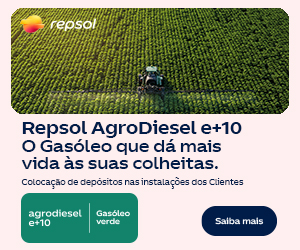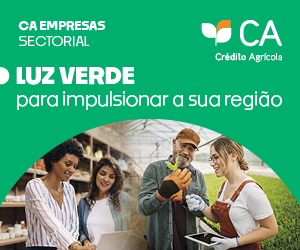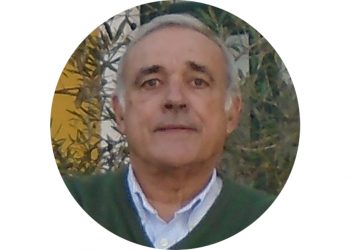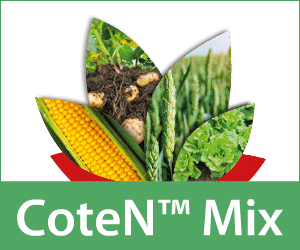Scientific innovator Maci Mueller is using gene editing to revolutionize the way that ranchers and dairy farmers perpetuate their herds.
By combining editing with other advanced reproductive tools, Mueller is seeking to develop an efficient method for distributing the elite genetics and beneficial traits that farmers and ranchers prize. She sees the approach as one way to achieve goals like sustainability, improved animal welfare and food security.
Mueller, a Rockey FFAR Fellow, was introduced to cattle on her family’s registered Angus seedstock operation, Lienetics Angus Ranch, in Nebraska. “I was involved in everything from the ground floor,” recalled Mueller, the oldest of four children. One of her main roles was collecting data and compiling performance records for submission to the American Angus Association, which piqued her interest in livestock genetics.
She specifically chose the University of California, Davis, for graduate school because she wanted to work with Dr. Allison Van Eenennaam, a pioneer in the field of cattle genetics. Now Mueller is pursuing doctoral research to advance surrogate sire technology. Mueller draws a parallel to human surrogates, who also carry genetic material — the fertilized egg that develops into a baby — that is not their own.
In Mueller’s research, she edits a fertilized cow’s egg when it is still a single cell embryo, or zygote. It has just one copy of DNA — the genetic blueprint responsible for an organism’s development and function — so the editing process is simpler and more efficient at that stage.
Mueller’s editing target is to delete or knockout the section of DNA that codes for germline development — the cells that will eventually become sperm or an egg. That vacant niche in the host can then be replaced or complemented with a more elite germline or genes that deliver beneficial traits from a donor.
“Editing is important [for this project] because of how precisely it can target the germ cell but leave the rest of the reproductive system intact,” she said.
The resulting calf is born with a complemented or replaced germline. It will then grow up and produce sperm that will fertilize eggs, either through natural breeding or artificial insemination, to produce the next generation of cattle. The advantage is that the complemented bull, or surrogate sire, will be able to pass on the elite donor genetics or beneficial traits to his offspring.
Her work is currently focused on the male, or sire, side because a single bull can produce hundreds or even thousands of calves, thus efficiently distributing the desired traits. But her research could eventually expand to include females, or dams, to ensure that offspring carry two copies of genetic traits that may be recessive, like disease-resistance. Other traits, like hornlessness in cattle, are dominant, so they are always expressed in the next generation because only one copy is required.
She noted that the animals involved in her research are treated well. They hang out with other research cows in shady paddocks and the soon-to-be mothers are given local anesthesia to ensure they’re comfortable when the gene-edited embryos are implanted.
“Gene editing in agriculture has a lot of great benefits to target challenging traits that can’t be achieved through conventional breeding, like disease-resistance and climate adaptation,” she explained. “It’s more efficient and achieves results in a shorter amount of time, sometimes one generation.”
Mueller sees her research as having the potential to enhance the sustainability of livestock production while improving animal welfare. Traits like disease-resistance could be achieved through genetics — eliminating both suffering and the need for certain vaccines and antibiotics — as could heat-tolerance, an important consideration given the higher temperatures associated with climate change. Specifically, Mueller’s surrogate sire research could help distribute these beneficial traits more efficiently.
The surrogate sire technology could be also adapted to developing nations, where livestock are critical to rural nutrition and income, but artificial insemination is challenging to deploy. For example, “the host animal, the one missing the germ cells, could be selected for environmental adaptation, like parasite resistance and heat-tolerance in Africa, so that the surrogate sire can pass on elite donor genetics or beneficial traits through natural mating,” she explained.
Mueller is encouraged by the progress of her own research and other advances in the field, such as the Food and Drug Administration’s recent low risk determination for two gene-edited, slick-haired, heat-tolerant cattle.
“This is an exciting step for the industry,” she said. “I hope it sets up a streamlined regulatory process for other products. The regulatory system is important for consumer confidence, but we don’t want to treat edited products differently than conventional products when we know the trait is safe. Like with polled [hornless], we eat that all the time because there are naturally polled cows.”
Moving a trait from one breed to another poses no harm to human health because it is not creating a new product and could be achieved through crossbreeding, she explained. “But with crossbreeding, we also get undesired traits.” The back-crossing required to eliminate undesired traits is a slow process, especially with animals that take a long time to reproduce.
“The really exciting part about gene editing for a species like cattle is that you can make these changes in just one generation, which is much faster than through traditional or conventional breeding methods,” Mueller said. “Genetic improvements are also cumulative and permanent, meaning that an improvement made in one generation is passed on to the next. So those improvements can continue to build upon each other.”
Given her practical experience on her family’s ranch, Mueller said she appreciates and enjoys Van Eenennaam’s lab, where the focus is on real world applications for its research. She will be graduating in spring 2023, and after that, is open to opportunities that will allow her to provide research and education or tools to help livestock producers be more efficient and sustainable.
Image: Maci Mueller hugs her favorite show cow, which she raised in high school. Photo: Erica Thompson, Images for a Lifetime
O artigo foi publicado originalmente em Cornell Alliance for Science.


